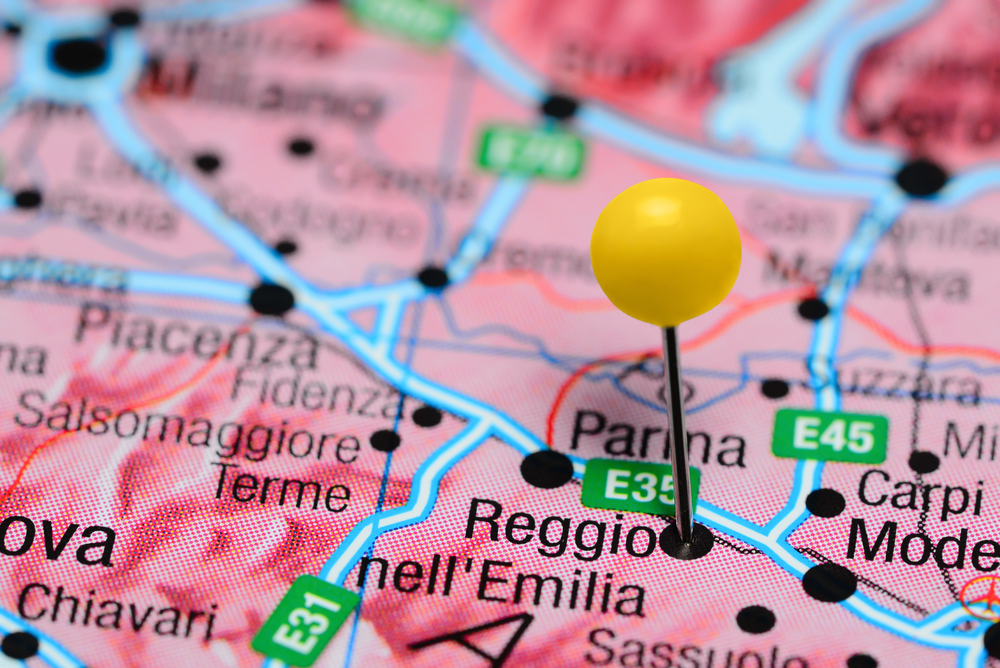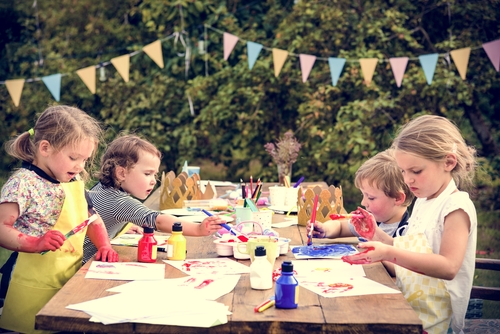Early childhood education has an incredibly important role within communities and in society more broadly. When you become an early childhood educator, you are dedicating your career to making a difference in the lives of children and helping them to reach their full potential.
You’re also making a difference in the lives of parents who are juggling a range of personal and professional commitments while trying to raise children and reach their own potential! There is no doubt that working in early childhood education means that you are having a positive impact within the world.
Some famous early childhood educators and theorists have shaped the way we approach educating children in the first five years of life – a time when brain development is more rapid than any other time in our lives.
“While educational philosophies are constantly evolving to address our ever-changing society and needs, there are some early childhood educators whose theories have stood the test of time and remains relevant today.”
So, who are they and how have they impacted the way we go about educating in early childhood? Here are a few of the famous early childhood educators who have made a difference.
Friedrich Froebel
German educator Friedrich Frobel (1782 – 1852) was a pioneer of early childhood education with a focus on observation and individualised early childhood education based on a child’s readiness. Froebel was the founder of the first kindergarten in 1837.
Maria Montessori
While she initially studied to become a doctor, education was Italian woman Maria Montessori’s (1870 – 1952) true passion. Montessori’s approach was inspired by her background as a physician and aims to inspire children to learn by following their natural learning direction to ensure they become confident and independent learners. The educator’s role is as keeper of the environments. Montessori is now an internationally recognised teaching mode with a certification process.
Loris Malaguzzi (Reggio Emilia)
 If you don’t recognise the name Loris Malaguzzi, you’ll likely be familiar with his approach: Reggio Emilia. The Reggio Emilia approach was developed in the very small Italian city of Reggio Emilia in the mid-1940s. A child-led approach, it sees the child as powerful, curious and capable of discovering learning through their own interests. At the core of Reggio Emilia you have playing, questioning, investigation and exploration (particularly through the arts), with educators playing the role of mentor.
If you don’t recognise the name Loris Malaguzzi, you’ll likely be familiar with his approach: Reggio Emilia. The Reggio Emilia approach was developed in the very small Italian city of Reggio Emilia in the mid-1940s. A child-led approach, it sees the child as powerful, curious and capable of discovering learning through their own interests. At the core of Reggio Emilia you have playing, questioning, investigation and exploration (particularly through the arts), with educators playing the role of mentor.
Today’s trends
Today’s general approach to early childhood education in Australia is centred in play-based learning, however many child care services will take a specific approach based on the leading theories, or a blended approach which takes inspiration from teaching philosophies. Concepts from the three educators we explored above are commonly utilised, along with new means of application, such as Monash Professor Marilyn Fleer’s Conceptual PlayWorld.
When you have effective guidance and support in early childhood education, getting inspired and reaping the rewards of your work is achievable. Our courses and trainers are committed to delivering an early childhood education training experience that is up-to-date, engaging and stimulating, so that you can see how you can make a difference in shaping young lives, and shaping the future.
Talk to the Practical Outcomes’ team about getting qualified, upskilling or professional development training in early childhood education.
Start making a difference. Contact us today!


